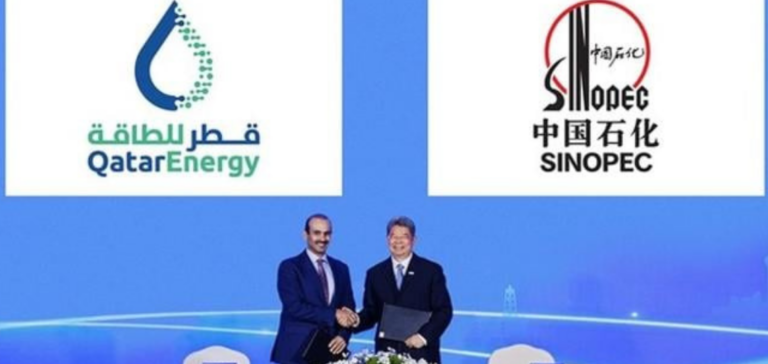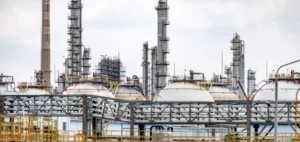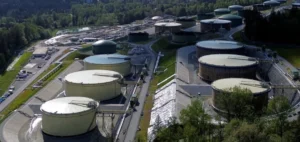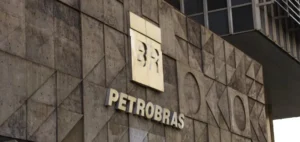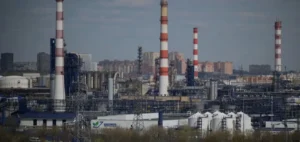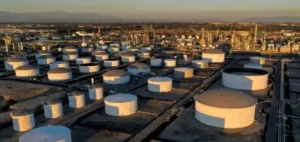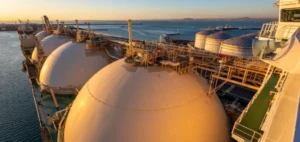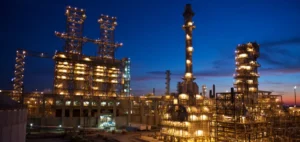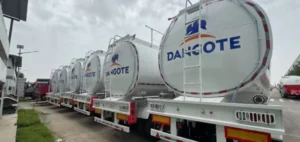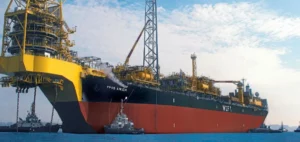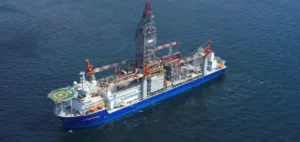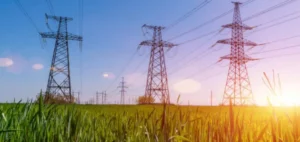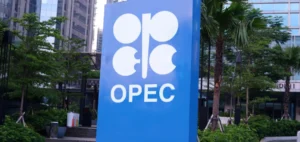A major agreement was reached in the energy sector, with QatarEnergy and Sinopec announcing the signing of an LNG sales and purchase contract. According to market sources, this agreement would be based on a price benchmark of 12.7% relative to the price of crude oil. It also gives Sinopec the flexibility to receive LNG cargoes at its terminals in China.
LNG delivery to China
The agreement stipulates that the LNG will be delivered to Sinopec’s receiving terminals in China for the duration of the contract. An informed source confirmed these details to S&P Global Commodity Insights. However, neither Sinopec nor QatarEnergy immediately responded to S&P Global’s requests for comment.
Expansion of LNG terminals in China
Sinopec currently operates five LNG terminals in China, with plans to open more. This capacity for terminal expansion demonstrates the flexibility of the long-term LNG contracts announced by QatarEnergy.
European LNG market trends
It is interesting to note that the LNG contracts between QatarEnergy and Shell, ENI and TotalEnergies mention individual terminals in Europe as LNG delivery locations. This reflects the evolution of European LNG markets and their exposure to natural gas hub prices.
Long-term strategic collaboration
A speaker from the Middle East pointed out that the LNG delivered under this agreement will have to be delivered to China. QatarEnergy said on November 4 that a long-term sale and purchase agreement had been signed for the delivery of 3 million tonnes of LNG per year from the NFS project to Sinopec’s receiving terminals in China, over a 27-year period.
In addition to the sales agreement, this partnership also involves QatarEnergy transferring a 5% interest to Sinopec in a joint venture with an annual production capacity of 6 million tonnes of LNG in the North Field South project.
According to market sources, the contract start date will be aligned with the commissioning of the NFS project. This strategic collaboration marks the second of its kind between Sinopec and QatarEnergy, following a similar agreement signed in April 2022, marking Sinopec’s entry as a shareholder in joint ventures in the North Field East project.
The North Field East expansion project will comprise four trains, with a total annual production capacity of 32 million tonnes of LNG, scheduled to come on line by 2026. In addition, the North Field South will be extended by two trains, reaching a capacity of 16 million tonnes per year, from 2027.


